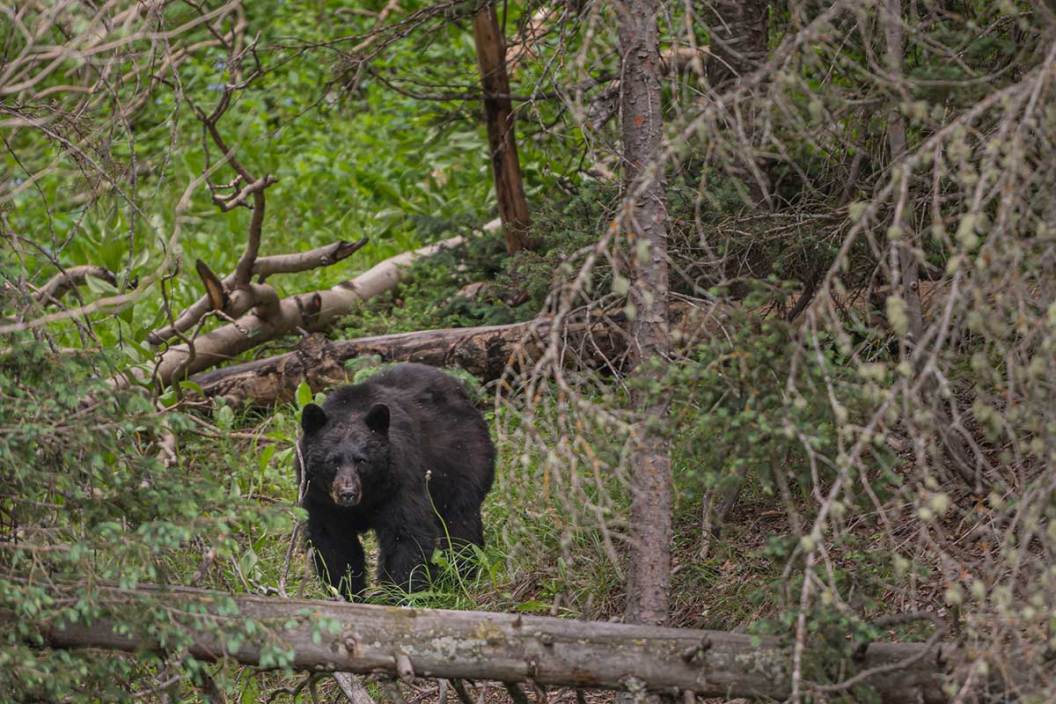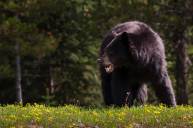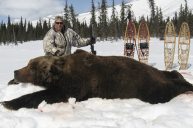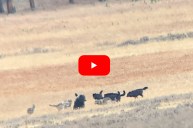Hunters, hikers, and people enjoying their backyards encounter bears everyday. Your first instinct might be to run away from these intimidating animals, but that's a bad idea. Even though bears are big, they can really move.
Black Bear Running Speed
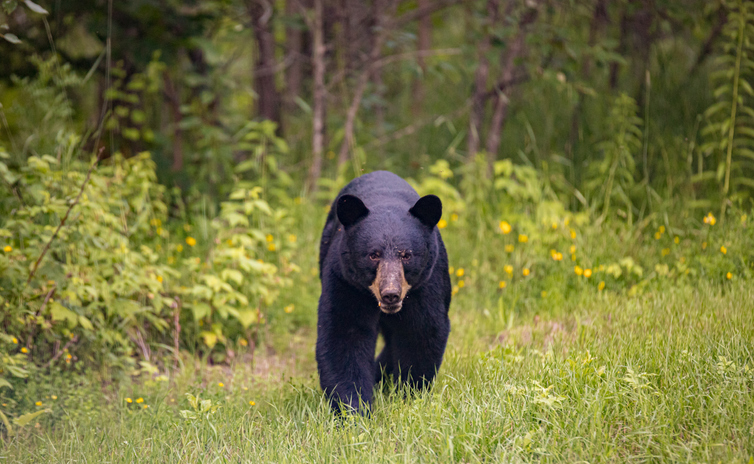
Black bears, which have a diverse omnivorous diet, have healthy populations throughout much of North America. Their size varies based on habitat and food availability, but the average black bear measures 3 feet tall to the shoulder and 75 inches long from nose to tail. A mature boar can weigh 600 pounds or more, while a mature sow will typically weigh around 200 pounds. Although they're called black bears, you'll often find them in other color phases. They have short claws which allow them to climb trees, and they can reach speeds of up to 30 miles per hour when running. These capable creatures can take down full-size deer, young moose, and elk. So odds are you won't outrun a black bear.
Grizzly Bear Running Speed
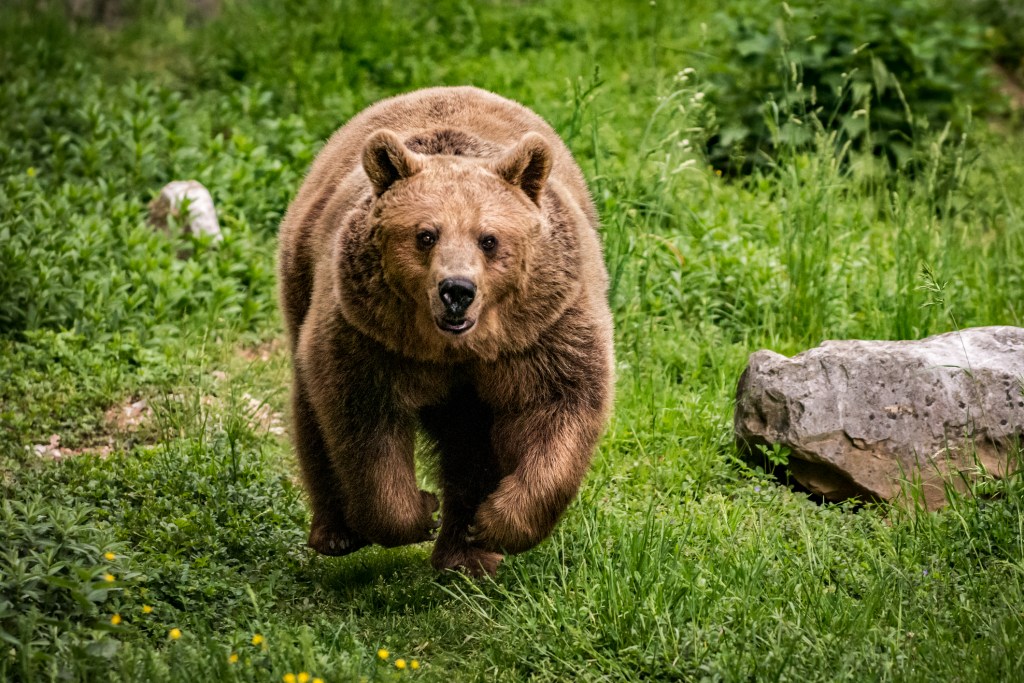
Grizzly bears, or brown bears, also call several states home, but those in Alaska are typically much larger than any found in the Lower 48. Boars average between 400 to 600 pounds, and sows average 250 to 350 pounds, but grizzlies exceeding 700 pounds aren't uncommon. They usually measure just over 3 feet in height at their withers and anywhere between 6 feet, 6 inches to 8 feet long from nose to tail. Like black bears, they are known to often feed on young deer, elk, and moose. Cubs can climb trees, but older grizzlies can't as their claws grow longer. Grizzlies are excellent swimmers, and they can sprint as fast as 35 to 40 mph. Although they can't quite maintain that speed, they can run fast for long distances.
Should You Run from Bears?

Given their speed and power, should you ever try to outrun a black bear or grizzly? No. Odds are you aren't nearly as fast as the world's elite runners, and even they wouldn't be able to outpace a bear on flat ground — much less the rugged terrain bears are accustomed to barreling through. You may have heard the myth that bears can't run downhill, but it's just that — a myth. In reality, bears can run downhill, uphill, or in any direction they choose. You can't out-climb a black bear, and you can't out-swim a grizzly. So what should you do if you come face-to-face with one?
How to Handle Bear Encounters

The best way to survive a close encounter with a bear is to avoid one in the first place. Keep any food secured when camping. Stick to heavily populated areas. Make plenty of noise when hiking. And avoid walking toward a bear — especially if it's a sow with cubs. And always carry bear spray — as well as a large-caliber handgun where legal — just in case.
If you do find yourself in a sticky situation, you should handle it differently depending on the type of bear you encounter.
When coming into close contact with a black bear, follow these tips:
- Stay calm and speak in a calm, firm tone rather than scream.
- Carefully back away from the bear or bears without turning your back to them.
- Get your bear spray ready to deploy if the bear comes within 25 feet of you. Make sure you know how to use it ahead of time.
- Do not play dead but try to show you're not a threat.
- If these tips don't work and the bear comes after you, you'll have to fight for your life. If you don't have bear spray or it doesn't work, aim anything you can at the bear's face to fend it off.
If a grizzly bear is too close for comfort, you should play it another way:
- Calmly and slowly begin to walk away from the bear.
- Avoid eye contact, especially when a grizzly appears to be aggressive.
- If the bear comes at you, try to make yourself appear larger and don't retreat. Put your arms in the air and slowly wave them or stand on top of a table or tree stump.
- Prepare to deploy a cloud of bear spray if the bear comes within 25 feet of you.
- Keep your cool and speak in a calm, even tone.
- If the bear still comes after you, it's time to play dead. While on your stomach, wrap your arms around your head for protection and spread your legs wide so it's hard for the bear to move you.
- If the grizzly gets more aggressive, you'll have to fight for your life, aiming blows at the bear's face.
Odds are you'll never get into this situation if you're smart, but it's best to be prepared just in case. Always remember — don't run!
